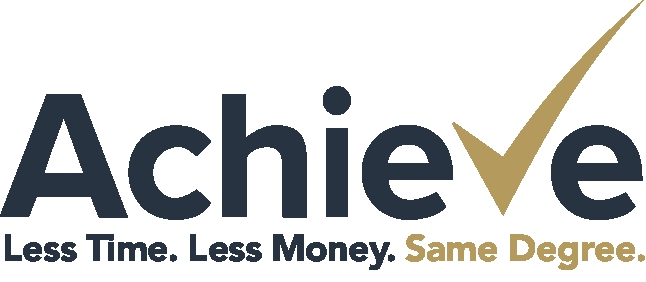Paying for Your Education

The choice of educational courses is now larger than ever with many ways of completing study, including the option of studying completely online. This allows students, whose time is limited by other commitments, to fit their studies into a busy life. Despite this choice, the one question that most students eventually ask is "how will I pay for my studies"?
So let's examine the various ways that you can fund your studies;
Employee Training Assistance
These types of programs either reimburse funds to employers or match the costs incurred in training employees to improve required job skills dollar for dollar. They therefore provide a real incentive for employers to train their employees since the costs of doing so is considerably reduced or even eliminated.
There are often qualifying criteria or prioritization in individual States. The Kansas Incumbent Worker Training program, for example, will prioritize funds to employers that have a strategy to avoid layoffs, make their workforce more competitive or allow employees to achieve a significant improvement in skills. Most States have these types of assistance programs and you can check those available at:
Loan Forgiveness/Loan Repayment
Some States allow loans to be "forgiven" or forgotten such that they don't have to be repaid. Again there are qualifying criteria such as you may have to be studying certain skills or qualifications. North Dakota has a " Teacher Shortage Loan Forgiveness Program" which is intended to reduce student debt for those who are teaching in content areas or grade levels for which there is a teacher shortage. The people who decide which areas have a shortage are the Department of Public Instruction.
Alaska has a program which encourages high school graduates to pursue teaching careers in elementary and secondary schools. Qualifying borrowers can get up to 100% forgiveness of their loans.
Scholarships and Grants
A scholarship differs from a loan in that it does not have to be repaid. The decision to offer scholarships is often based on financial need, academic merit, or your affiliation with a particular group or association. The money you get can be used to fund your studies or support them such as buying equipment or textbooks. Check out the Scholarship Handbook 2010 (College Board Scholarship Handbook) or "2009 Peterson's Scholarships, Grants & Prizes." available from your local bookshop to see the vast range of scholarships on offer and the qualifying criteria.
Tuition Reduction/Waivers
These types of programs exempt the student from all or part of the cost of study provided they meet the eligibility criteria. Michigan has a beautifully titled "No Worker Left Behind" Program which allows people to study for skills in a "high demand occupation". These high demand occupations vary across the State so it's worthwhile checking your part of the State if they operate a similar program.
Tuition Reductions or Waivers are also sometimes offered to specific groups of people. Virginia, for example, has a tuition waiver for residents who are aged 60 or older and have limited incomes.
Tax Credits/Tax Deductions
Tax credits actually reduce the amount of tax to pay rather than a tax deduction which simply reduces the amount of income subject to tax. The credit is therefore a dollar for dollar reduction in actual tax owed. Some states have tax credit programs and a typical example is Maryland where if you teach in public school and you pay tuition for graduate level courses to maintain certification then you may be entitled to an income tax credit of up to 100% of the fees (or $1500, if this is less)
This is only an outline of the many ways that you can fund your studies and whatever your interest in further or higher education, there may well be a program for you to reduce or even eliminate the costs. It is perfectly possible that all your tuition fees may be paid, but if you take the time and trouble to see what is available then you may be pleasantly surprised!
A word of warning though - any scholarship or grant that does not satisfy the strict conditions of being tax-free is taxable. If so, you will need to add the amount received to your gross income for tax purposes.

